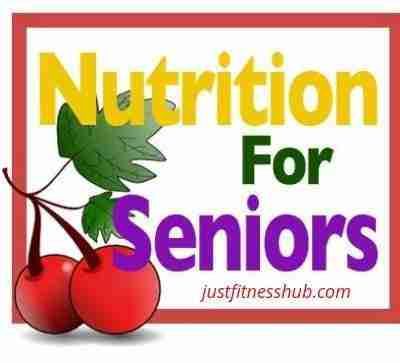As we age, our nutritional needs change. It becomes increasingly important to fuel our bodies with the right nutrients to maintain good health and age gracefully. After the age of 60, specific dietary adjustments can greatly impact our overall well-being. In this article, we will explore the key aspects of nutrition for aging gracefully and how you can tailor your diet to support optimal health in your golden years.
The Importance of a Balanced Diet
A balanced diet is crucial at any age, but it becomes particularly significant as we get older. Consuming a variety of nutrient-dense foods is essential for maintaining healthy bodily functions, supporting organ health, and preventing common age-related ailments.
Focus on Nutrient-Rich Foods
To fuel your body after 60, prioritize nutrient-rich foods that provide a wide array of vitamins, minerals, and antioxidants. Fresh fruits and vegetables, whole grains, lean proteins, and healthy fats should form the foundation of your meals.
Increasing Protein Intake
Protein plays a vital role in maintaining muscle mass, bone health, and immune function. As we age, our bodies start to lose muscle, making an adequate protein intake even more crucial. Incorporate lean meats, fish, poultry, eggs, legumes, nuts, and dairy products into your diet to ensure you’re consuming enough protein.
The Power of Antioxidants
Antioxidants help combat the harmful effects of free radicals, which contribute to aging and various diseases. Colorful fruits and vegetables such as berries, leafy greens, citrus fruits, and tomatoes are packed with antioxidants. Including them in your diet can provide numerous health benefits such as reducing inflammation, boosting brain health, and protecting against heart disease.
Hydration is Key
Staying hydrated is essential for overall health and plays a crucial role in maintaining proper bodily functions. After the age of 60, our bodies may be less efficient at regulating fluid balance, making it important to drink an adequate amount of water throughout the day. Aim for at least eight glasses of water daily, and remember that other fluids like herbal teas and low-sodium soups also contribute to your hydration.
Limit Sodium and Sugar
Excessive sodium intake can contribute to high blood pressure and increase the risk of heart disease. Be mindful of your sodium intake by avoiding processed foods and opting for fresh, whole ingredients. Similarly, reducing sugar consumption helps prevent inflammation and may protect against age-related cognitive decline and chronic diseases such as diabetes. Swap sugary snacks with fresh fruits or opt for natural sweeteners like honey or stevia.
Consider Nutritional Supplements
While getting nutrients from whole foods should always be the priority, nutritional supplements can help fill in any gaps in your diet. Consulting with a healthcare professional can help determine which supplements might benefit you based on your specific needs and health conditions. Common supplements for older adults often include vitamin D, calcium, omega-3 fatty acids, and probiotics.
Conclusion
By focusing on proper nutrition and making dietary adjustments as we age, we can support our bodies to age gracefully. Prioritize a balanced diet rich in nutrient-dense foods, increase protein intake, consume antioxidants, stay hydrated, and limit sodium and sugar intake. Remember, it’s never too late to start taking care of your body with the right fuel, so why not make nutrition a priority today?

